Blog 
10 Essential Tips for Choosing the Right Industrial Hoses for Your Business
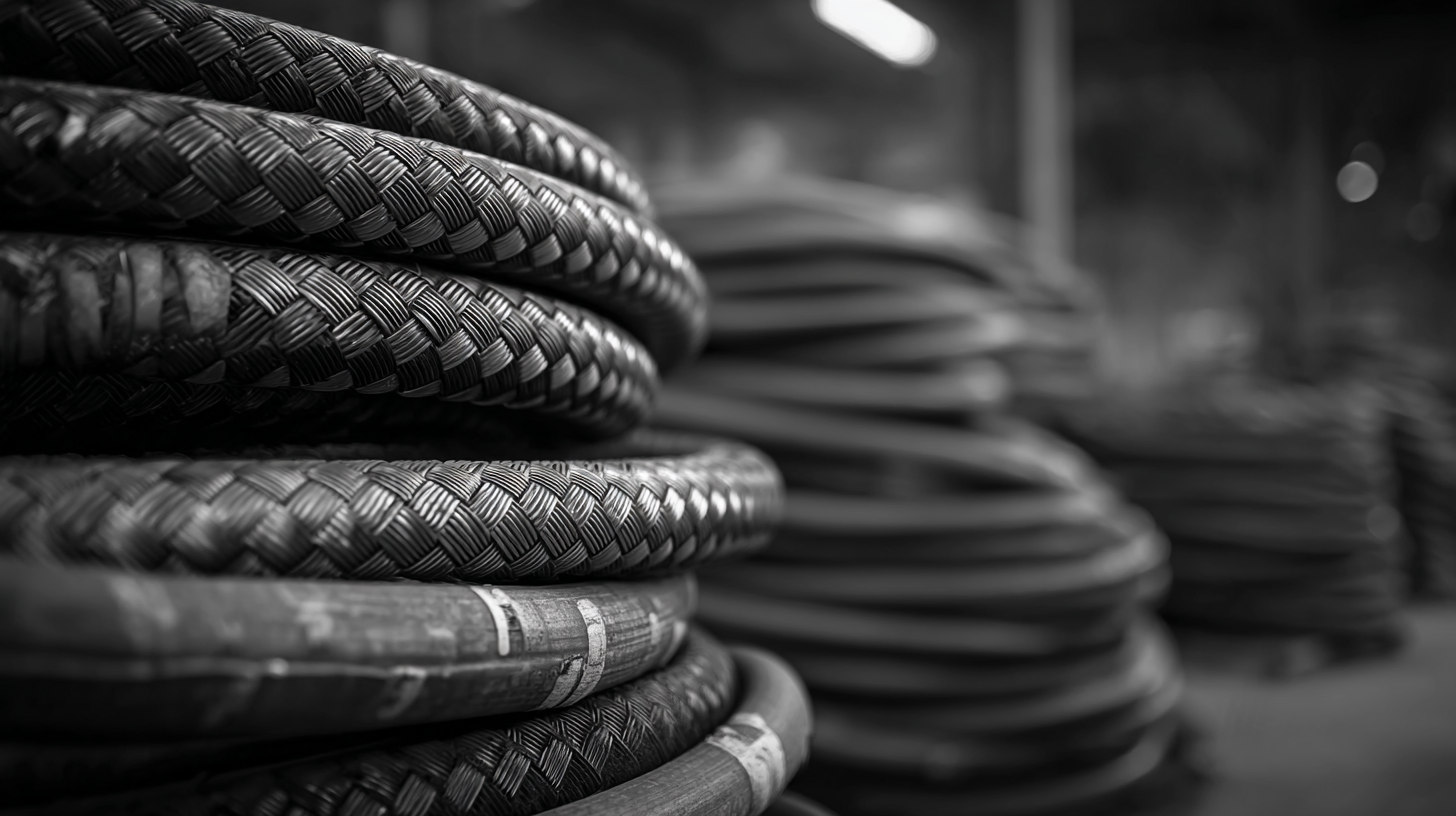 Choosing the right industrial hoses is critical for any business looking to optimize operational efficiency and safety. In the words of renowned industry expert Dr. Emily Carter, "The performance and longevity of your equipment hinge on the quality and specifications of the hoses you select." As businesses increasingly prioritize durability and reliability, understanding the nuances of industrial hoses becomes paramount.
Choosing the right industrial hoses is critical for any business looking to optimize operational efficiency and safety. In the words of renowned industry expert Dr. Emily Carter, "The performance and longevity of your equipment hinge on the quality and specifications of the hoses you select." As businesses increasingly prioritize durability and reliability, understanding the nuances of industrial hoses becomes paramount.
In this guide, we will explore 10 essential tips for selecting the ideal industrial hoses tailored to your specific needs. Whether you are in manufacturing, construction, or food processing, the right hoses can dramatically impact your productivity and risk management. By closely examining factors such as material compatibility, pressure ratings, and environmental conditions, businesses can make informed decisions that enhance overall performance and safety standards.
Stay ahead in the competitive landscape of industrial operations by ensuring you have the right tools for the job. With the correct knowledge and understanding of industrial hoses, companies can achieve not only compliance but also operational excellence.
Understanding the Different Types of Industrial Hoses Available
When selecting industrial hoses for your business, it's crucial to understand the various types available in the market. According to a report by MarketsandMarkets, the global industrial hose market is expected to reach USD 9.2 billion by 2025, highlighting the growing demand for specialized hoses across different industries. The most common types include rubber, PVC, metal, and composite hoses, each designed for specific applications. For instance, rubber hoses are known for their excellent flexibility and durability, making them ideal for transporting liquids and gases in environments like construction sites and manufacturing plants.
Moreover, the choice of hose should align with the specific materials being transported. For example, chemical hoses are engineered to handle corrosive substances safely, while food-grade hoses comply with stringent regulations for food and beverage applications. A comprehensive understanding of these categories, supported by data from the Hose Manufacturers Association, suggests that improper hose selection can lead to significant operational inefficiencies and safety hazards. As such, investing time in thorough research and consideration of hose specifications is vital for any business looking to optimize its operational efficiency and ensure worker safety.
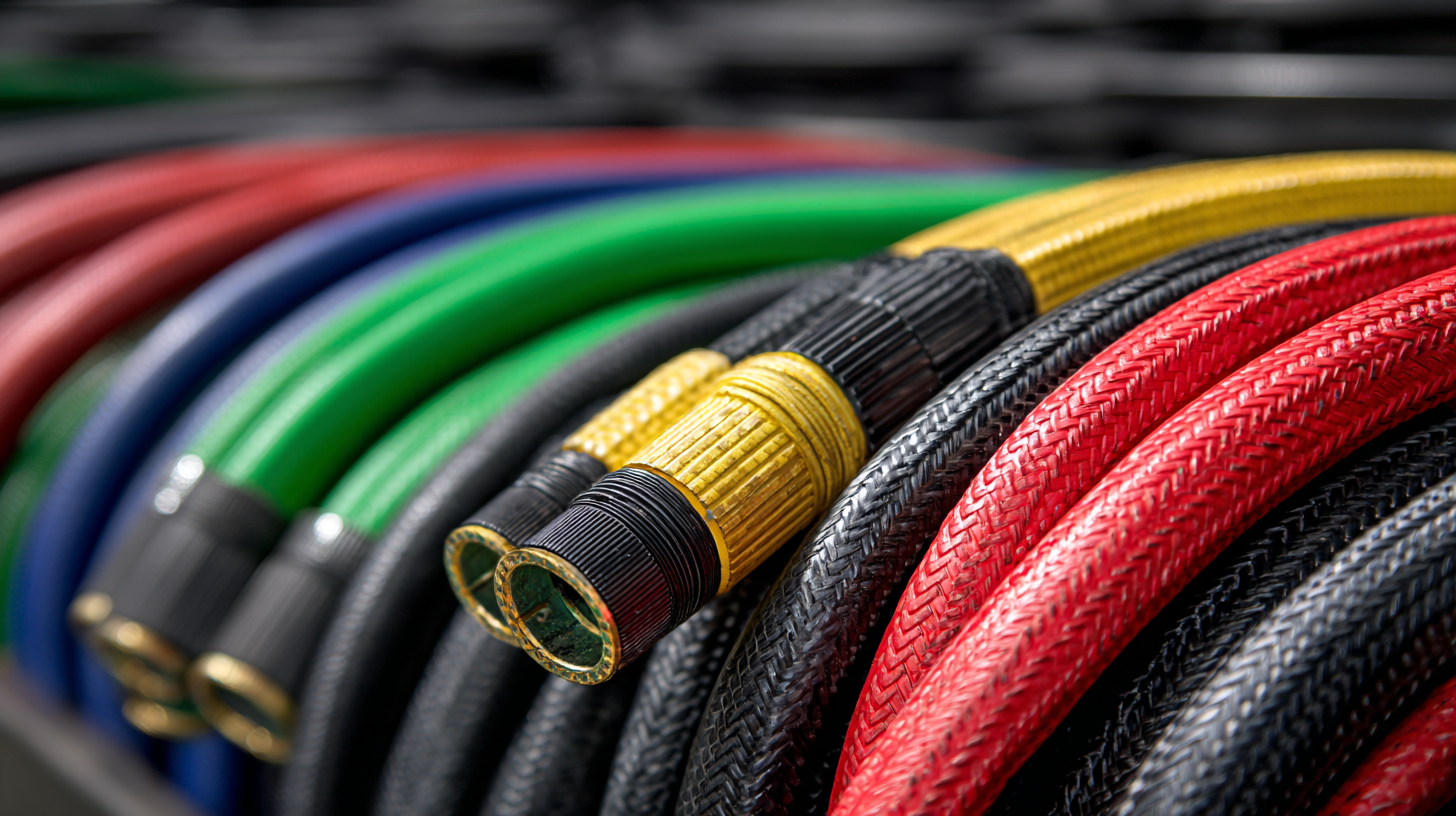
Factors to Consider When Selecting the Right Hose Material
When selecting the right hose material for your industrial needs, it's crucial to consider a variety of factors to ensure safety and performance. First, the temperature and chemical compatibility of the hose material should be assessed. Different materials can withstand varying degrees of heat and exposure to chemicals, which affects their longevity and safety. For instance, in environments such as data centers where heat dissipation is vital, hoses designed to handle elevated temperatures and resist abrasion are paramount.
Additionally, the flexibility and durability of the hose material are significant considerations. A good hose should be resistant to kinking and collapsing under pressure, ensuring a steady flow of fluids. Materials like reinforced synthetic options typically offer a balance of strength and lightness, making them easier to handle without sacrificing performance. When making your choice, ensure that the hose you select matches the specific requirements of your application, from hydraulic systems to general fluid transport, while prioritizing both efficiency and reliability.
Comparison of Different Hose Materials for Industrial Applications
Evaluating Pressure Ratings and Flow Capacities for Optimal Performance
When selecting the right industrial hoses for your business, one of the critical factors to evaluate is the pressure rating. Ensuring that the hose can handle the maximum pressure of your system is essential for safe and efficient operation. Additionally, consider the working pressure and the burst pressure; using a hose rated well above your required pressure will provide a safety margin, helping to prevent failure over time.
Flow capacity is equally important in choosing industrial hoses. Each application has specific flow requirements, and not all hoses can accommodate high flow rates efficiently. Be sure to check the inner diameter and the hose's material compatibility, as these factors significantly affect how well the hose performs under pressure. For instance, a larger diameter can reduce friction and allow for higher flow rates, which is crucial in high-demand environments.
Incorporate these considerations into your decision-making process by regularly assessing your operational needs and adjusting your hose selection accordingly. Proper evaluation of pressure ratings and flow capacities will not only enhance performance but also extend the lifespan of your equipment.
The Importance of Hose Diameter and Length in Industrial Applications
When selecting industrial hoses for your business, one of the critical factors to consider is the diameter and length of the hose. The diameter directly affects the flow rate of the fluids being transported. A hose that is too small will restrict the flow, leading to pressure drops and inefficiencies in the system. Conversely, a hose with a larger diameter can handle higher flow rates, which is essential for operations requiring high volume throughput. Therefore, accurately assessing the required flow rate for your specific application will guide you in choosing the appropriate diameter.
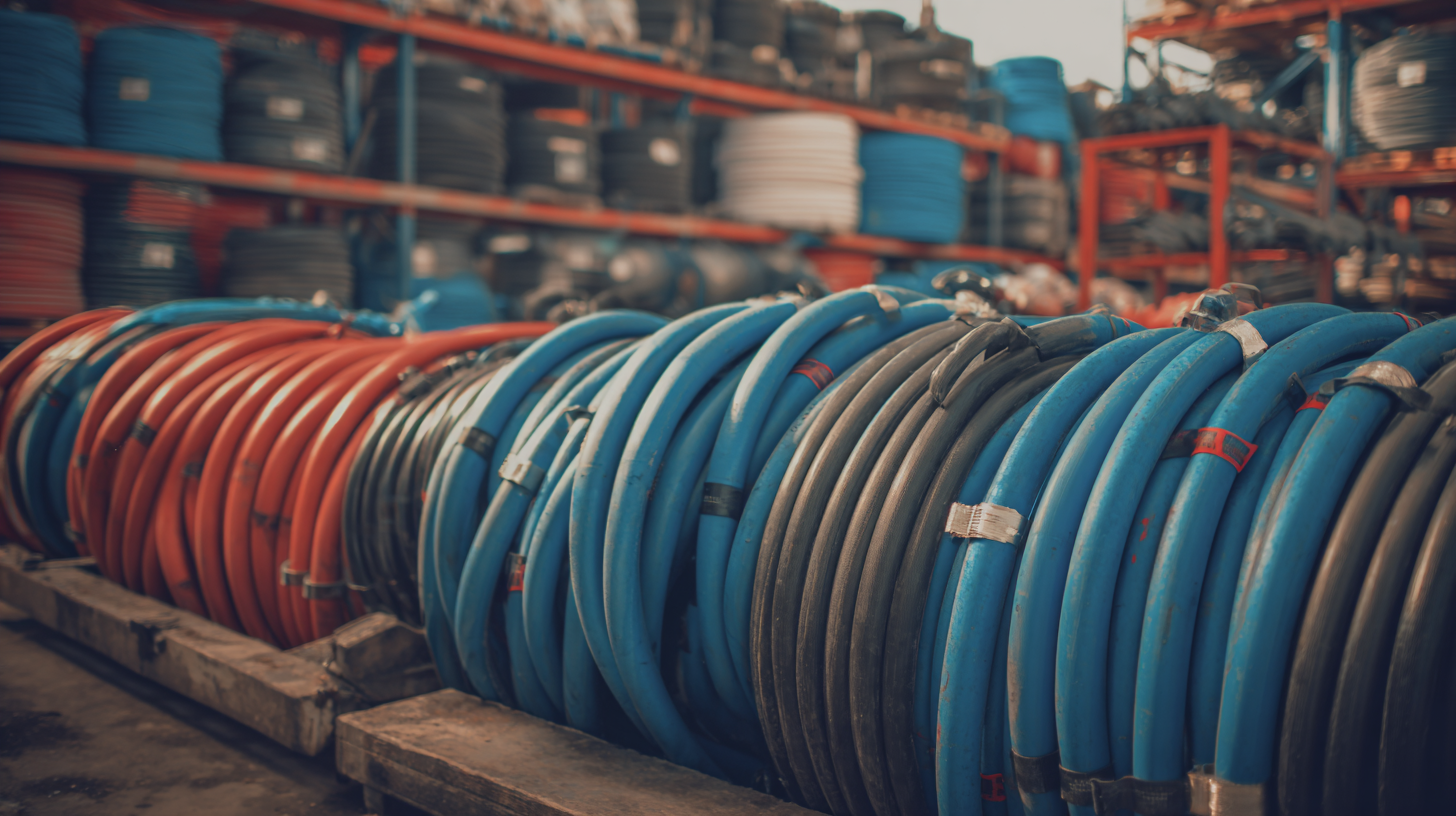
Length is another crucial factor that can impact performance. Longer hoses can lead to more significant pressure losses due to friction, especially if the hose travels around bends or elevated sections. Ensuring that the hose length is kept to a minimum without compromising reach can optimize efficiency and reduce costs. Additionally, consider the layout of your facility and the positioning of equipment, as this will influence the hose routing and, ultimately, the performance of your industrial system. By paying careful attention to both diameter and length, you can enhance the reliability and effectiveness of your industrial operations.
Common Applications and Specialized Hoses: Finding the Right Fit for Your Needs
When selecting the right industrial hoses for your business, understanding common applications and specialized hoses is crucial. Different industries require specific types of hoses tailored to their operational demands. For instance, heavily regulated sectors like food processing and pharmaceuticals necessitate hoses made from materials that meet stringent safety standards, typically featuring seamless construction to prevent contamination. In contrast, construction or agricultural applications may prioritize hoses that can withstand extreme pressures and abrasions, emphasizing durability and flexibility.
Recent industry reports indicate that the global industrial hose market is projected to reach USD 22.10 billion by 2025, driven by the growing demand for efficient and specialized hose solutions across various sectors. For example, custom fittings and material compositions are increasingly popular, as they allow businesses to optimize performance for specific tasks. Moreover, advancements in hose technology, such as lightweight and kink-resistant designs, not only improve handling but also enhance the overall efficiency of fluid transfer systems. Knowing these trends can significantly impact your purchasing decision, ensuring that you select hoses that align with your operational needs and industry standards.
Related Posts
-

The Ultimate Guide to Choosing the Right Marine Hose for Your Boat
-

Unlocking the Secrets of Hose Manufacturing: How Quality Materials Enhance Performance and Durability
-
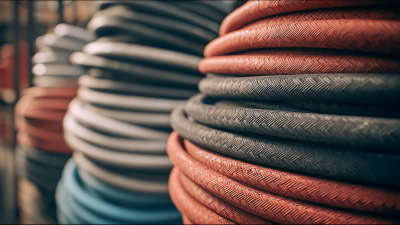
The Ultimate Guide to Choosing the Right Flexible Gas Hose for Your Needs
-
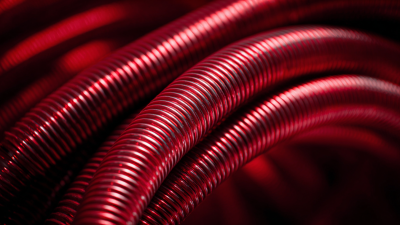
Understanding the Benefits of 4 Flexible Hose for Home and Industrial Applications
-

The Ultimate Guide to Choosing the Best Flexible Garden Hose for Your Lawn
-
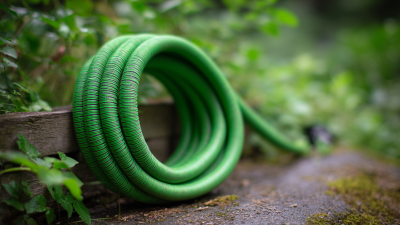
Top 5 Best Flexible Garden Hoses for Easy Gardening and Hassle Free Watering
